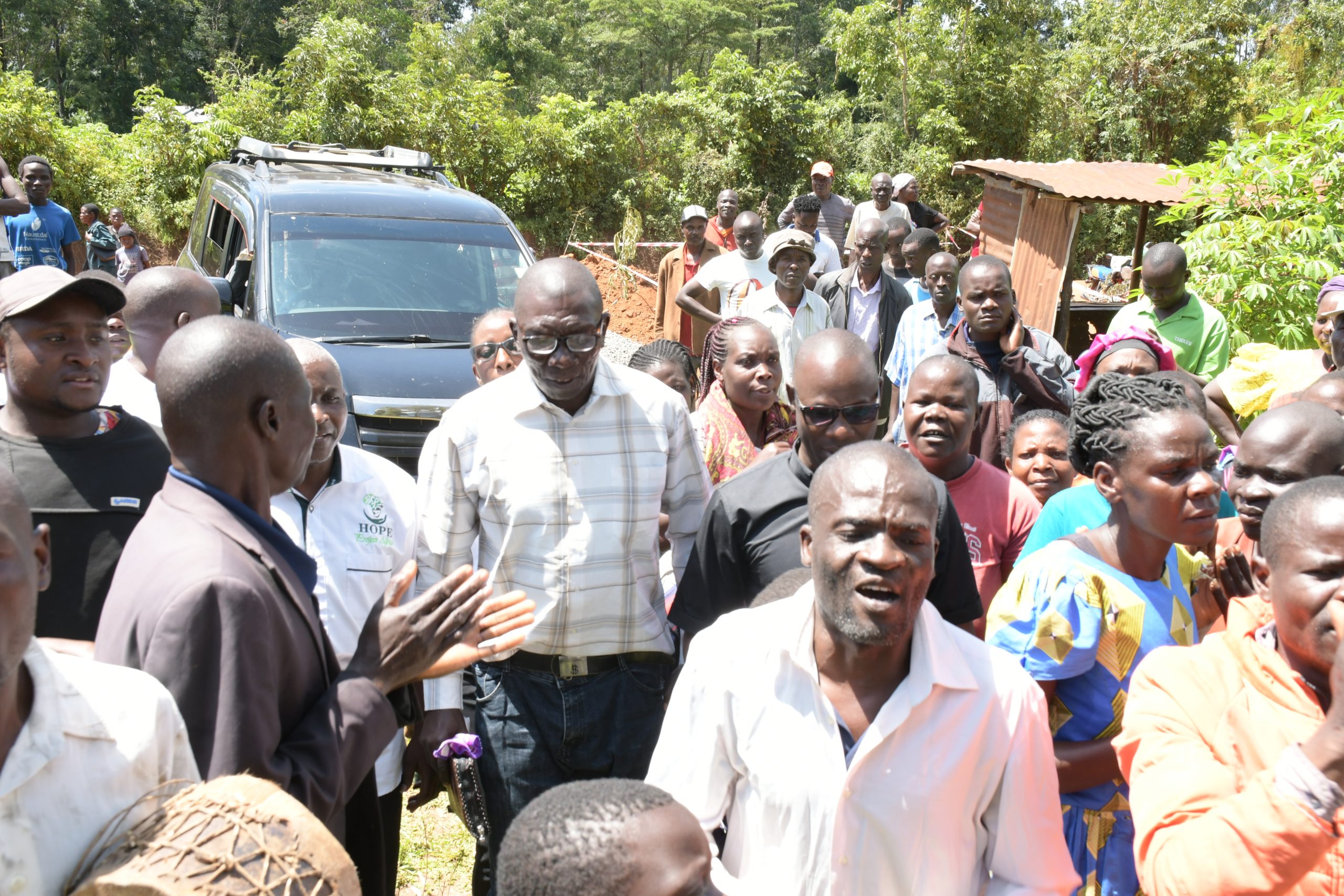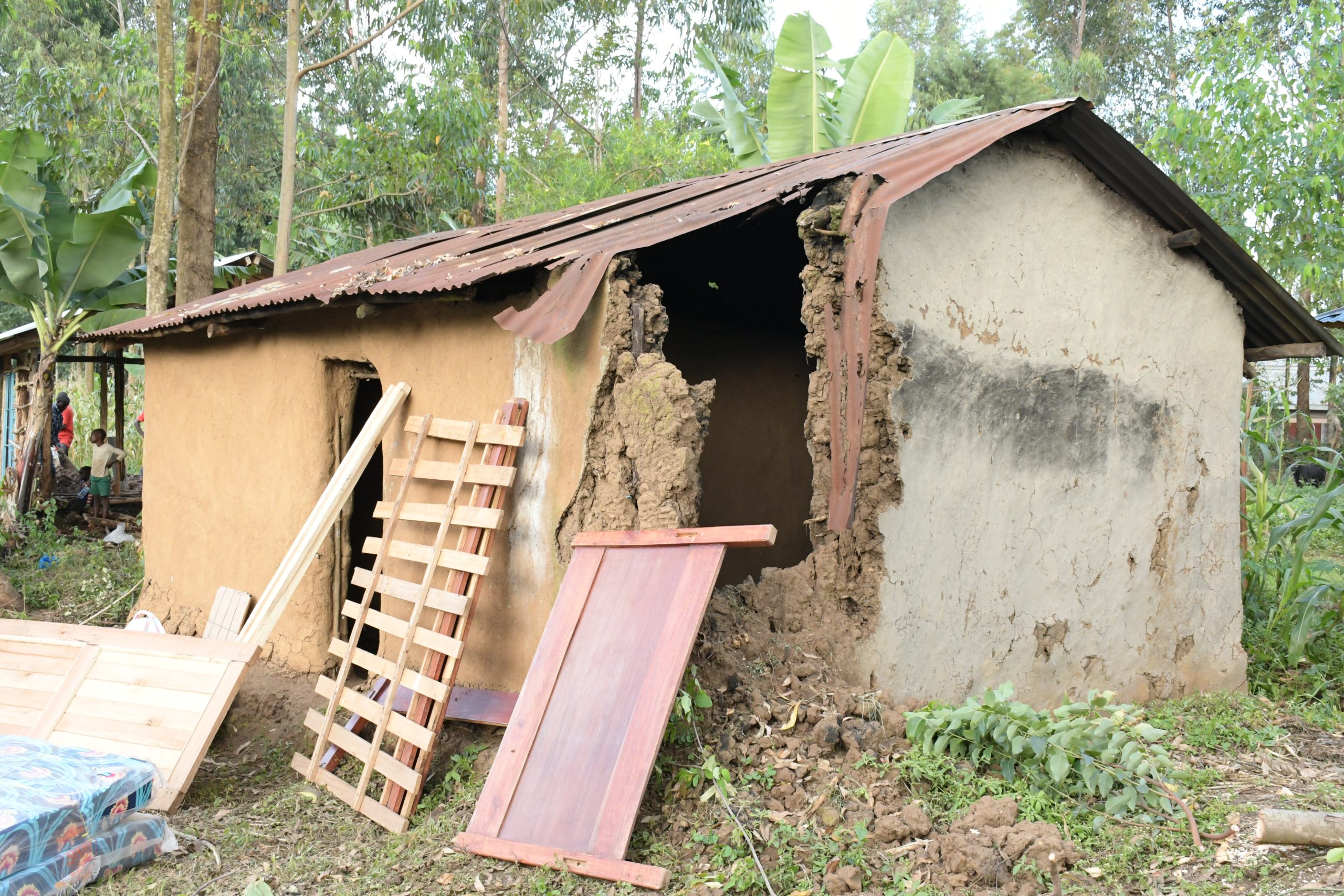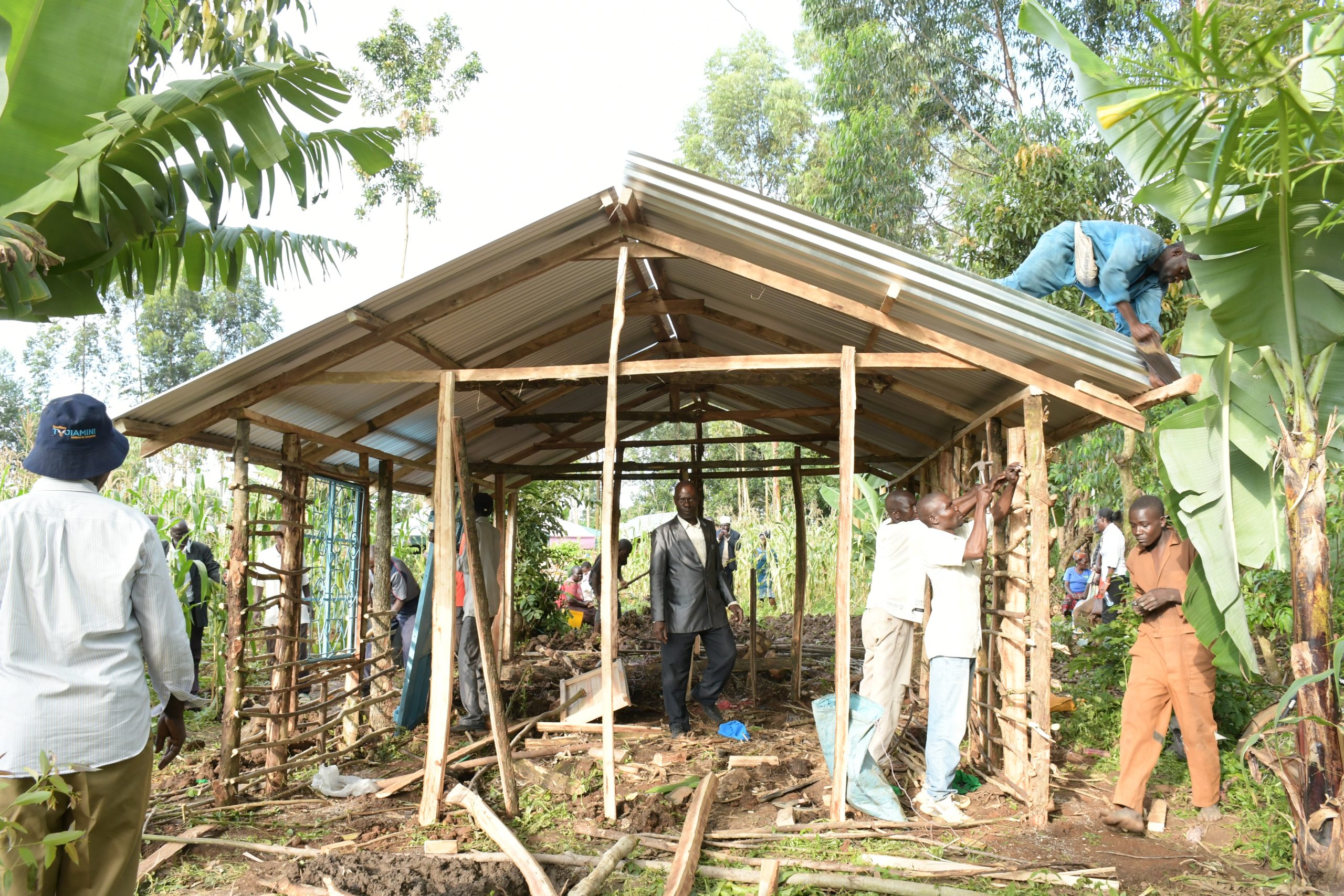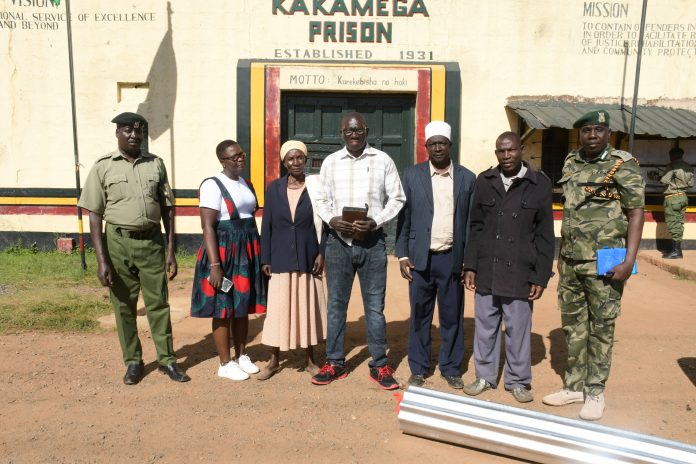By Faith Anene, Kakamega
After being condemned to serve a seven year prison sentence, Edward Opondo Manyasi, finally tasted freedom a week ago.
His release marks a new chapter in his life, as he has satisfied the Kakamega Law Court that he is now fully reformed and ready to return to the community.
Opondo, from Shianda Malaha village in Kakamega County, was convicted in 2018 for defiling an 11-year-old girl, a crime that shocked his community and led to his imprisonment.
However, after years of reflection, spiritual growth, and educational development, Opondo stands before his community as a changed man. “I’m totally a changed person. I’m a spiritual person, and coming out of prison, I’m now a learned man. Never again will I engage in heinous acts,” Opondo affirmed, his voice filled with conviction.

Upon his release, Opondo was warmly welcomed back by his family. His niece, Pauline Manyasi, expressed deep gratitude for his return, stating, “The ex-prisoner is my uncle, and I want to appreciate the time the prison has been with him. I thank God for His faithfulness, and I’m happy he has managed to come back home.”
The reintegration of Edward Opondo Manyasi has been supported by local community initiatives and organizations focused on prisoner rehabilitation.
One such group, Hope for Africa Project, which works to impact prisoners through education, counseling, and spiritual support, praised the community for embracing Opondo back into society.
Andrew Muhadi, a representative of the organization, commented, “I thank the villagers for receiving him back warmly. We are a witness to how Edward has been colorfully received into society. We will not abandon him. We will continue to support him—spiritually, emotionally, and financially—to ensure he remains stable and doesn’t repeat a similar offense,”

During his time in Kakamega Prison, Opondo enrolled in several educational and vocational programs designed to help inmates reintegrate into society.
He studied theology and masonry, gaining skills that will help him lead a productive life outside prison walls. “Prisoners here are equipped with basic skills in areas like tailoring, masonry, upholstery, and metalwork. After completing the courses, they sit for exams and are awarded certificates,” explained Philkings Omondi, a catechist who provides psychosocial and spiritual support to prisoners.
Omondi also emphasized the importance of rehabilitation programs that begin as soon as an inmate arrives, whether they are convicted or awaiting trial.

“Long-term prisoners who serve between 3 to 20 years often lose hope. As a catechist, my role is to offer counseling to help them transition smoothly into society,” he said. “Rehabilitation and reintegration programs are a lifeline for these inmates, ensuring they are equipped to return to their communities as reformed individuals.”
Beyond the educational and spiritual support provided by the prison, Opondo’s reintegration was made even more meaningful by assistance from religious and charitable organizations. Opondo’s mother passed away while he was in custody, and his wife left him, leaving him with no home to return to.
However, Hope for Africa and Jesus Alive Ministry joined forces to provide Opondo with a new place to call home. “These organizations have given Opondo a reason to live and stay comfortably in society,” said Abang William, the Kakamega Prison Chaplain. “Their generosity has helped him build a new house, a tangible sign of the community’s commitment to supporting him.”




